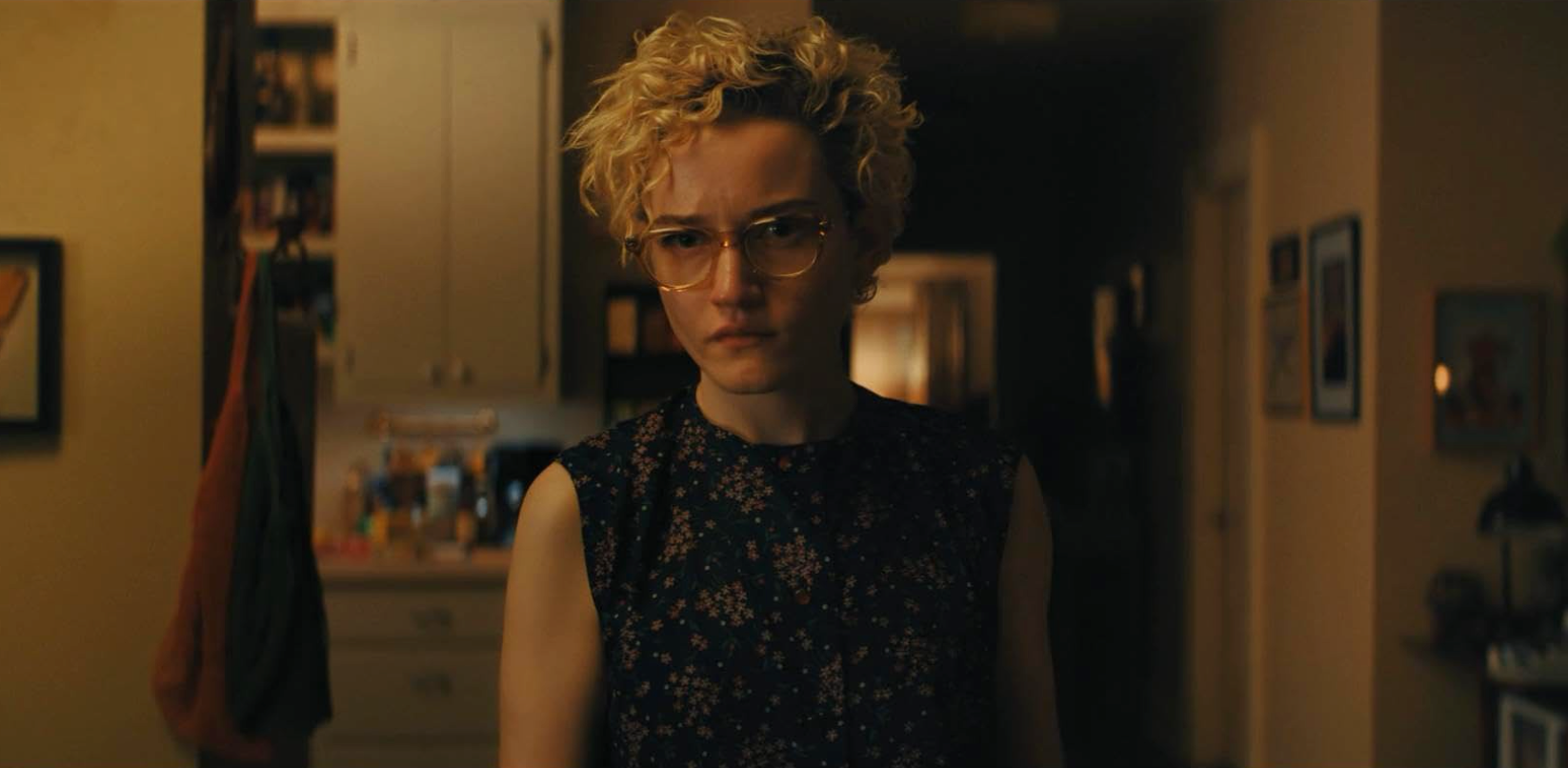
Tragedies breed questions. Why did something happen? Could it have been prevented? Why did it befall these people and not those folks? “Weapons” is a horror film with comedic elements that is ultimately about the fallout of a seemingly inexplicable tragedy. Writer/director Zach Cregger offers explanations for the tragic mystery at the heart of his tale, but all it does is lead to greater questions and absurdity. In lesser hands, this would be an occasion for confoundingly anticlimactic moments and plot contrivances. But Cregger, with only his second feature film, masterfully uses the full gamut of human emotions and experiences to not only produce a great meditation on tragedy but also create a thoroughly satisfying and unique film that will remain with audiences for decades to come.
On a Wednesday at 2:17 AM all the children in teacher Justine Gandy’s third-grade class all run from their homes and disappeared. A police investigation ensues as the community mourns the missing 17 children in various ways. A month or so after the event, we follow those left behind— Ms. Gandy (Julia Garner), her principal Marcus (Benedict Wong), a father of a missing child (Josh Brolin), a cop (Alden Ehrenreich), a homeless thief (Austin Abrams), and a child (Cary Christopher).
The less you know about “Weapons,” the more opportunities the film has to delightfully surprise you. Sure, some of those surprises are terrifying and grotesque—but they’re still delightful. Much like his first film, “Barbarian,” Cregger shows a tremendous ability to make every pan of the camera or cut in a scene feel brimming with potential dread and fright. It’s an impossible quality to teach and one that the filmmaker (ably assisted by DP Larkin Seiple and editor Joe Murphy) possesses in great quantities. It’s reminiscent of the heights of Dario Argento, John Carpenter, and Jordan Peele — those artists who feel dangerous because you’re never quite sure what fresh hell they’re about to unleash on you. Cregger’s technical mastery, giddy imagination, and willingness to indulge in the chaos create a truly threatening vibe that sets “Weapons” apart.
All the performances in the film are incredible, which is saying something as many actors are tasked with going to some unbelievable places for their roles. Meanwhile, the film looks amazing (if a bit too dark, literally) and is powered by a tremendous soundtrack along with a great score (from Hays Holladay, Ryan Holladay, and Cregger). But it’s the script that shines brightest with fantastic character creations, darkly hilarious moments, terrifically horrifying bits, and a strong thematic through line that pulls the viewer into a labyrinthine story of grief. “Weapons” is about a great many things, not least of which is the terrors that older generations thrust upon the younger, but at its core it’s looking at how tragedy affects us. This isn’t another “the monster was trauma all along” horror film like far too many other recent movies, but instead a piece of art that interrogates how these inexplicable events (even when they have explanations behind them) resound in a community and reverberate throughout these individuals.
Much like “Barbarian,” audiences will find themselves laughing hysterically one moment only to be startled the next, all while a palpable disturbance settles over the film. With just two features Cregger has shown a willingness to go to uncomfortable places and absurdly dark areas by grounding his work in realistic characters and recognizable emotions. If you’re a fan of “Barbarian,” a lot of that same energy crosses over into “Weapons,” though it’s a bit more cerebral than the jostling dread of that 2022 entry. Cregger also demonstrates a real knack for creating monsters (in various forms) and knowing how to make various moments that’ve been seen in other horror movies take on far more unsettling context and power with his framing (both literally with the camera and within the screenplay). It is certainly a movie about something, but it never feels like an aimless allegory or a constant string of metaphors delivering some belabored message. “Weapons” is simply entertaining in its own right. And while some people will be haunted by its events and visuals, it’s the deeper levels that truly stayed with me after watching. I keep turning over in my mind not the various spooky visages or gory moments, but the way that Cregger and company so expertly examine the helpless fallout from a tragic event.
“WandaVision,” of all places, offered up a great framework—“what is grief but love persevering?” It’s a lovely sentiment and positive way of looking at the way the world can knock our feet out from under us. . Love may be the underlying engine behind grief, but sentiments like these discount the pain, confusion, anger, absurdity, and more that springs from tragedies, particularly senseless ones. “Weapons” doesn’t do that—it confronts all those aspects of loss and mourning, offering up as many moments of closure as it does questions. Cregger shows that explanations can help, understanding can arrive, but even that that doesn’t stop the pain or end the anger. It doesn’t make the situation any less miserable or risible. We always yearn to know the “why,” but sometimes that is the launchpad to more questions and unknowns to which we’ll never get answers. The power of “Weapons” isn’t just in its allegory, but also its execution, leading to one of the best films of the year.
4.5 / 5 Stars
Directed by: Zach Cregger
Starring: Julia Gardner, Benedict Wong, Josh Brolin, Alden Ehrenreich, Austin Abrams, Cary Christopher, Amy Madigan


